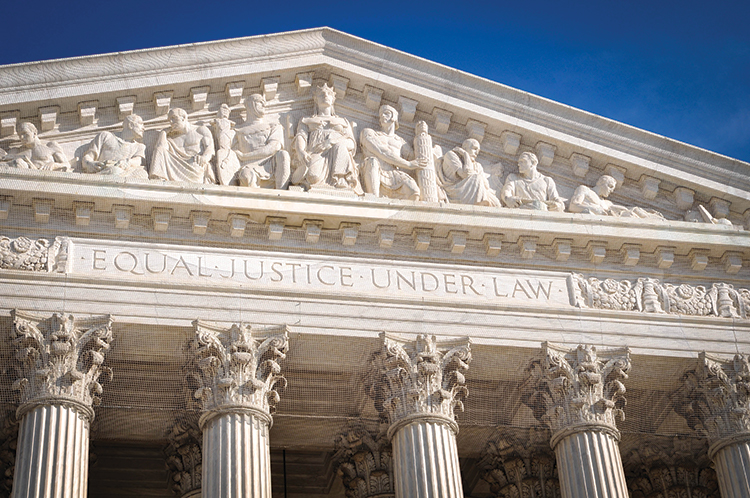Detainee's quest for information on secret CIA interrogation site will get Supreme Court review

Image from Shutterstock.com.
The U.S. Supreme Court on Monday agreed to decide whether the state-secrets privilege protects information about a secret CIA jail in Poland in a lawsuit by a suspected terrorist.
The Supreme Court agreed to consider the issue in a suit by Abu Zubaydah, who is also known as Zayn Al-Abidin Muhammad Husayn. Zubaydah is currently held as an enemy combatant at Guantanamo Bay. The government said Zubaydah is an associate and terrorist ally of Osama bin Laden; Zubaydah said the claim is “categorically false.”
Zubaydah is seeking discovery about interrogation techniques and details of his treatment at the black site in Poland from two CIA contractors. Zubaydah, the first detainee in the CIA program, wants the information to pursue criminal proceedings against Polish officials, according to the cert petition. He cannot testify because the U.S. government will not allow it, Zubaydah said in his opposition to cert.
According to the United States’ cert petition, a significant amount of information about the CIA program has been declassified but not information about the identity of its foreign intelligence partners, the location of the detention facilities and other matters. The Senate Select Committee on Intelligence has also investigated and released a nearly 500-page executive summary.
The report said Zubaydah spent more than 11 days in a “coffin-size confinement box” and underwent waterboarding at least 83 times.
The 9th U.S. Circuit Court of Appeals at San Francisco had rejected the assertion of state-secrets privilege and allowed Zubaydah to pursue his argument for discovery materials. According to Zubaydah’s opposition brief, the appeals court merely told the district court to decide whether nonprivileged information could be separated from privileged materials, in effect telling the court “to determine whether wheat could be separated from chaff.”
The cert petition, however, labeled the 9th Circuit decision “significantly flawed” because the appeals court substituted its judgment of national security risks for that of the CIA director.
USA Today and the New York Times have coverage of the cert grant.
The case is United States v. Zubaydah. The SCOTUSblog case page is here.



